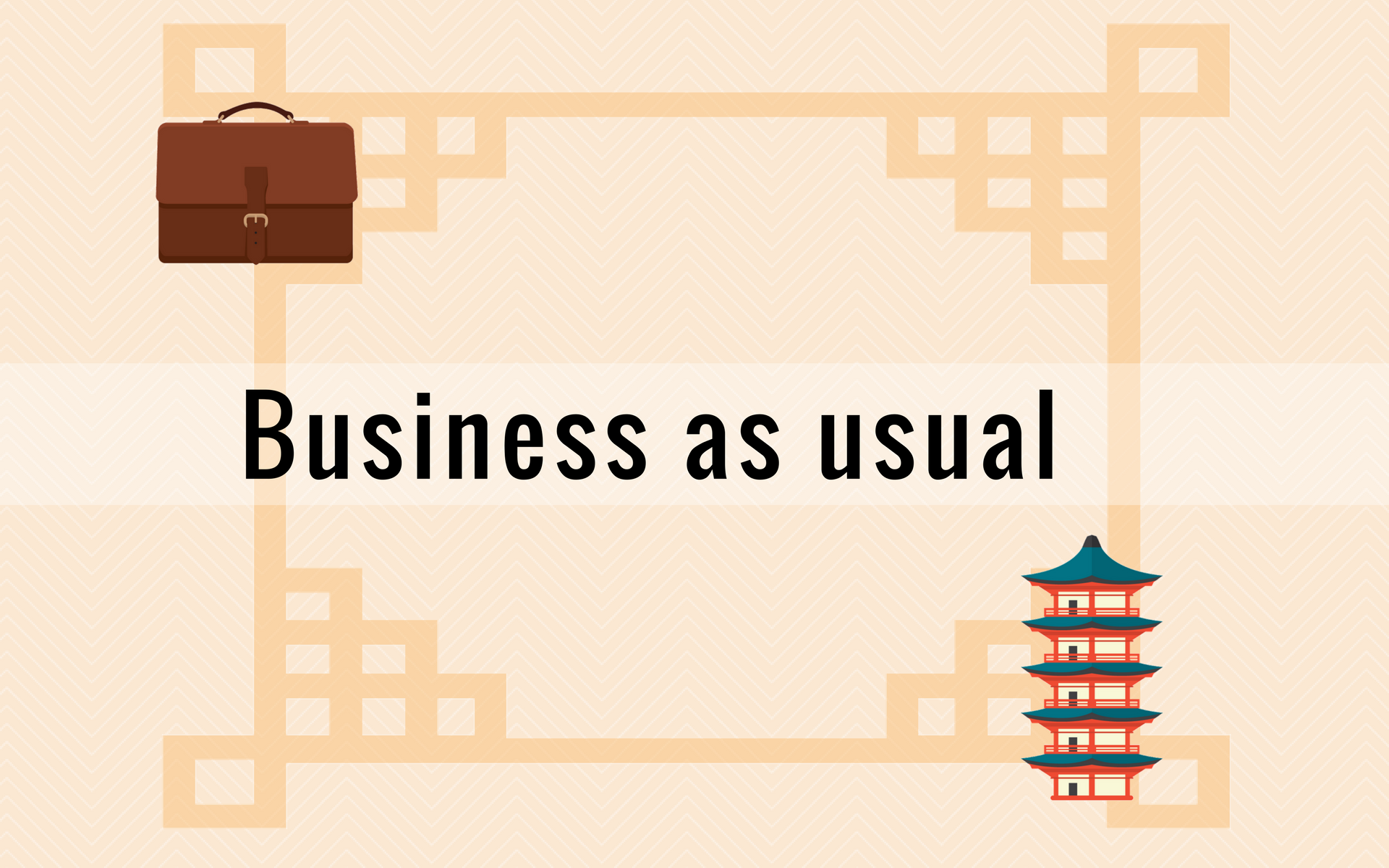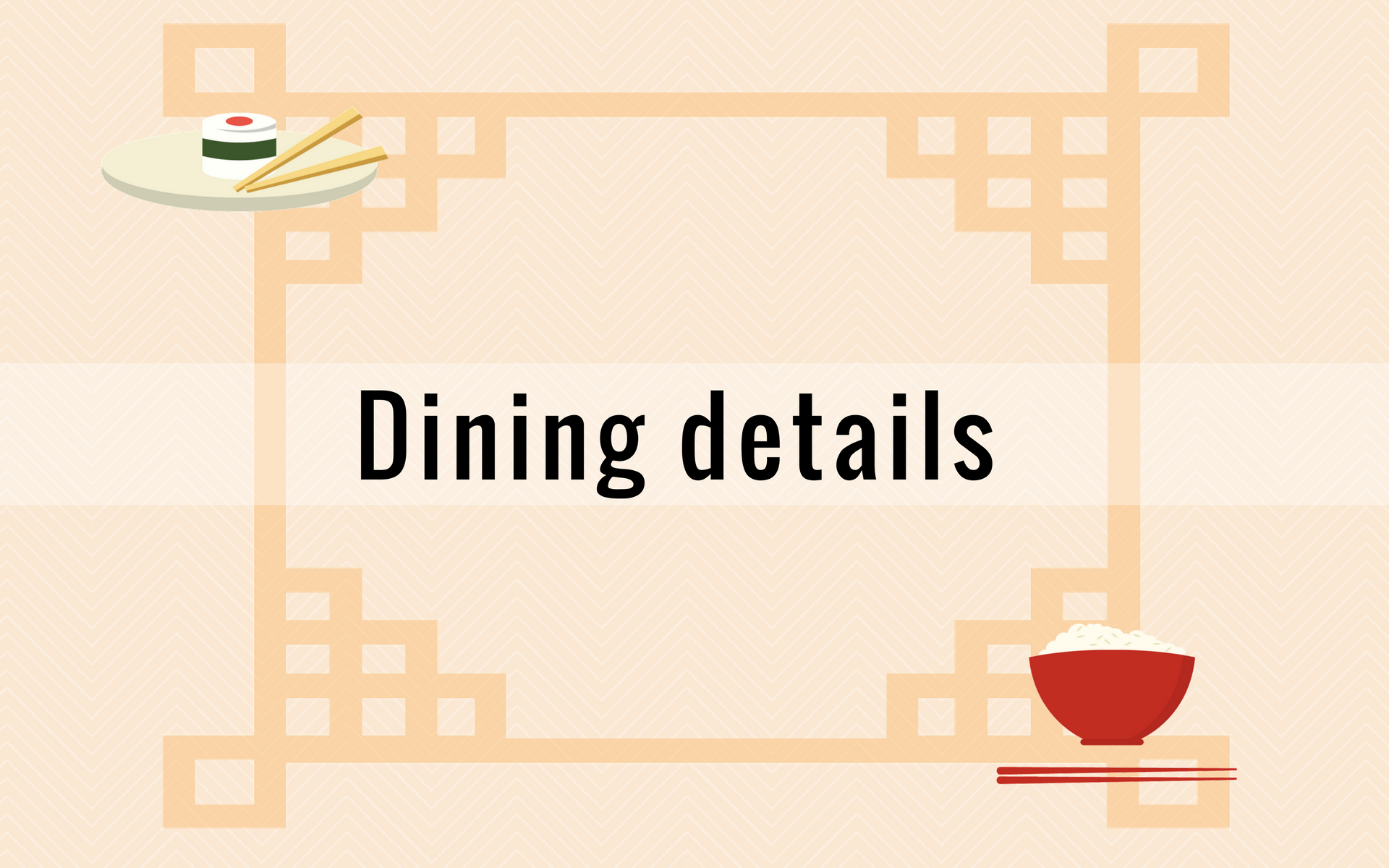
Answering your mobile phone and rattling off on it while you’re on the train? It’s a big no-no. You’ll even find notices in Japanese train stations advising passengers to refrain from talking on the phone altogether when taking public transportation.
Why: For Japanese commuters, train and bus journeys are expected to be peaceful and quiet. Privacy is another motivation – being forced to listen to someone else’s phone conversation is an uncomfortable situation for Japanese people, even if it is one which Malaysians have long become used to.
Read also: 24 Hours To Dine In Osaka? See These 7 Must-Visit Places For Food Nirvana





